FOOD BASKETS
While we adapt to cope in these unprecedented times, those living in poverty have been devastated.
You can provide nutritious meals to needy orphan children and their guardians in Iraq, impoverished farm workers in Pakistan, or very needy families living in the slums of Hyderabad, India.
A $50CAD donation will provide a food basket to a poverty-stricken family in Pakistan, India or Iraq. This basket will be packed with essential ingredients to feed a family for an entire month in Pakistan and India, and for two weeks in Iraq.
This type of food aid is greatly appreciated by these struggling families.
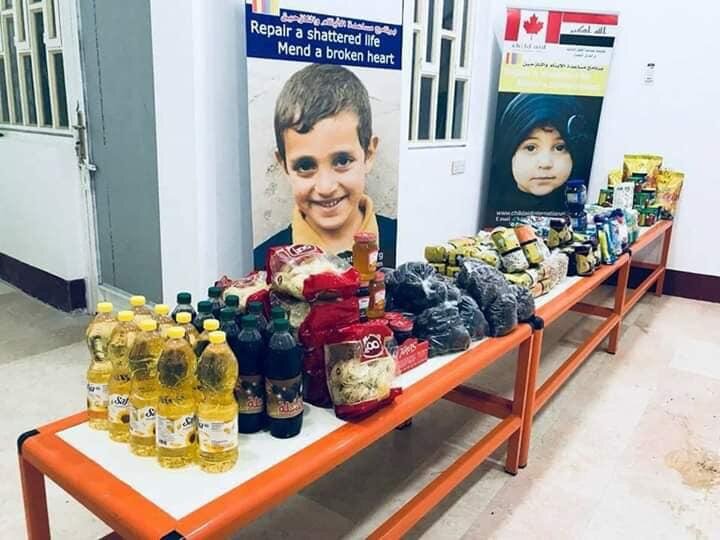
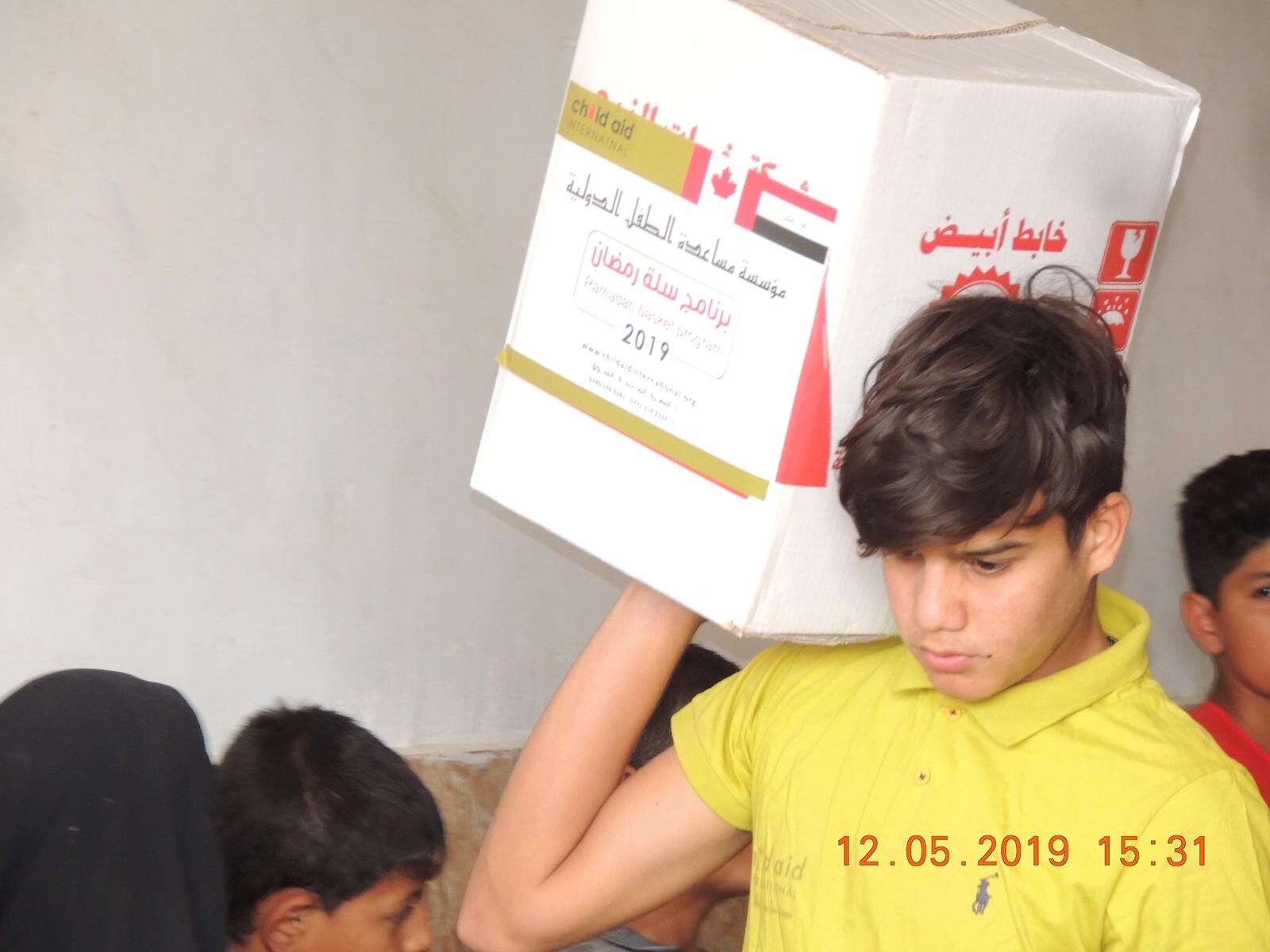
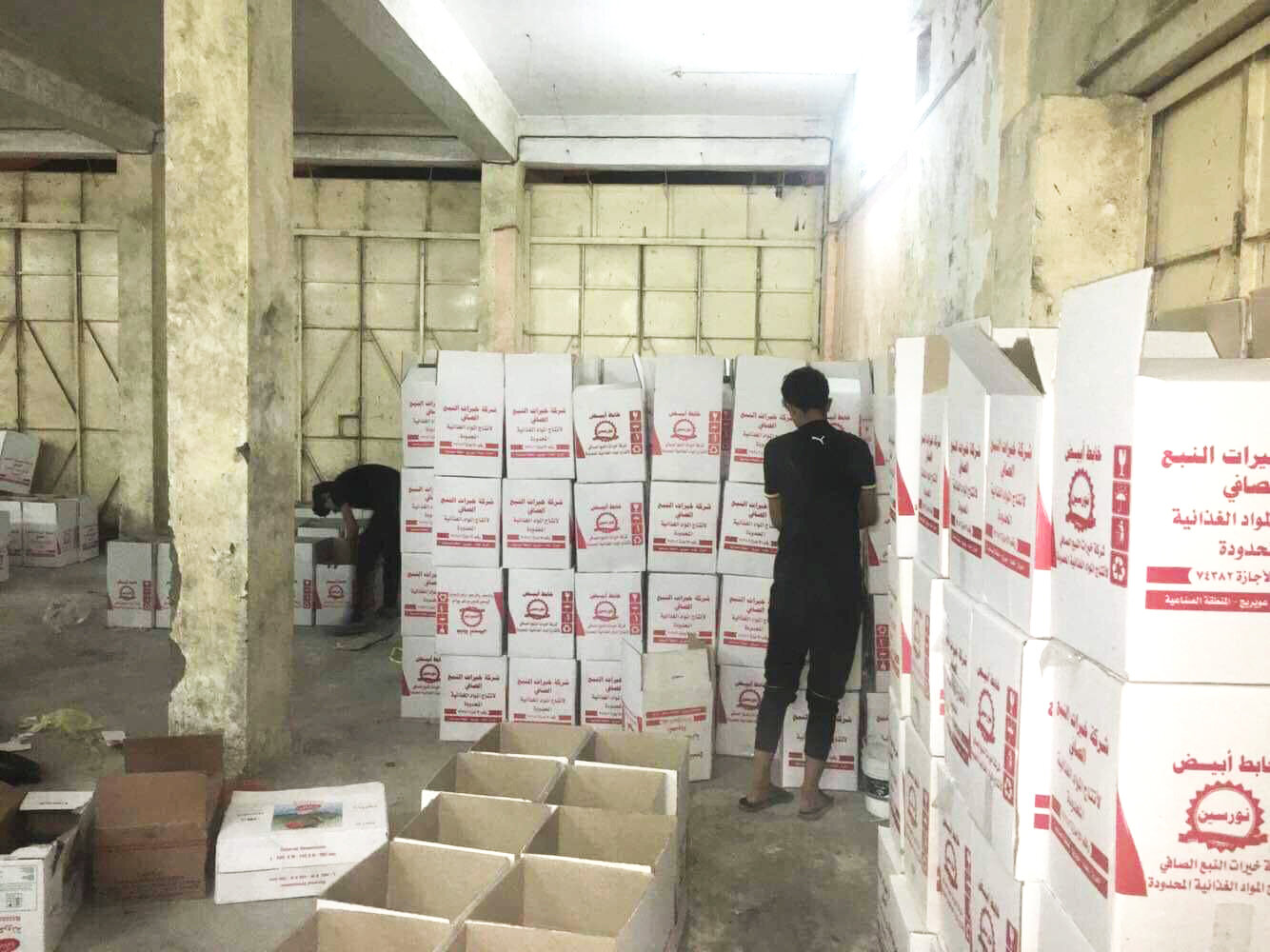
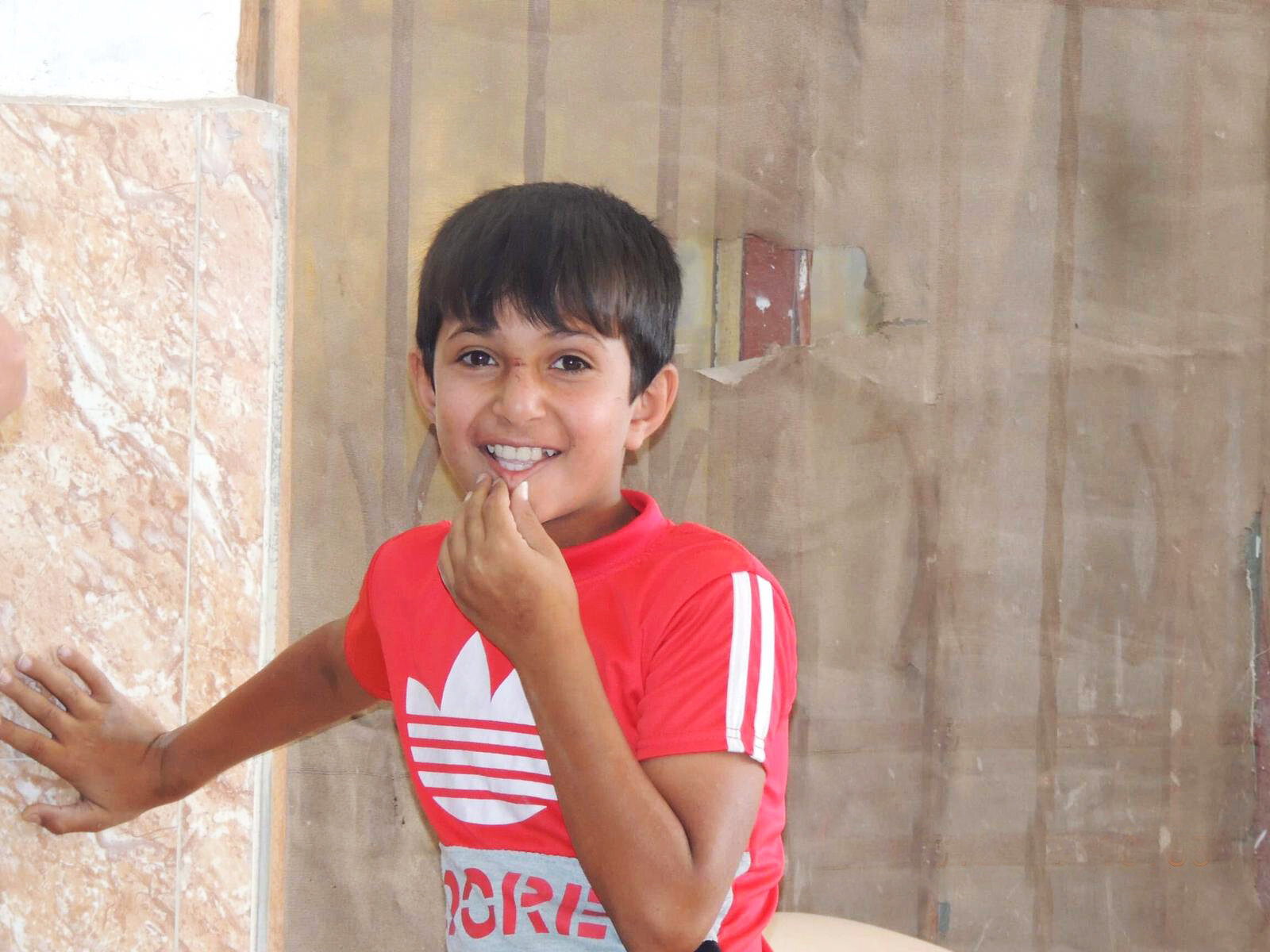
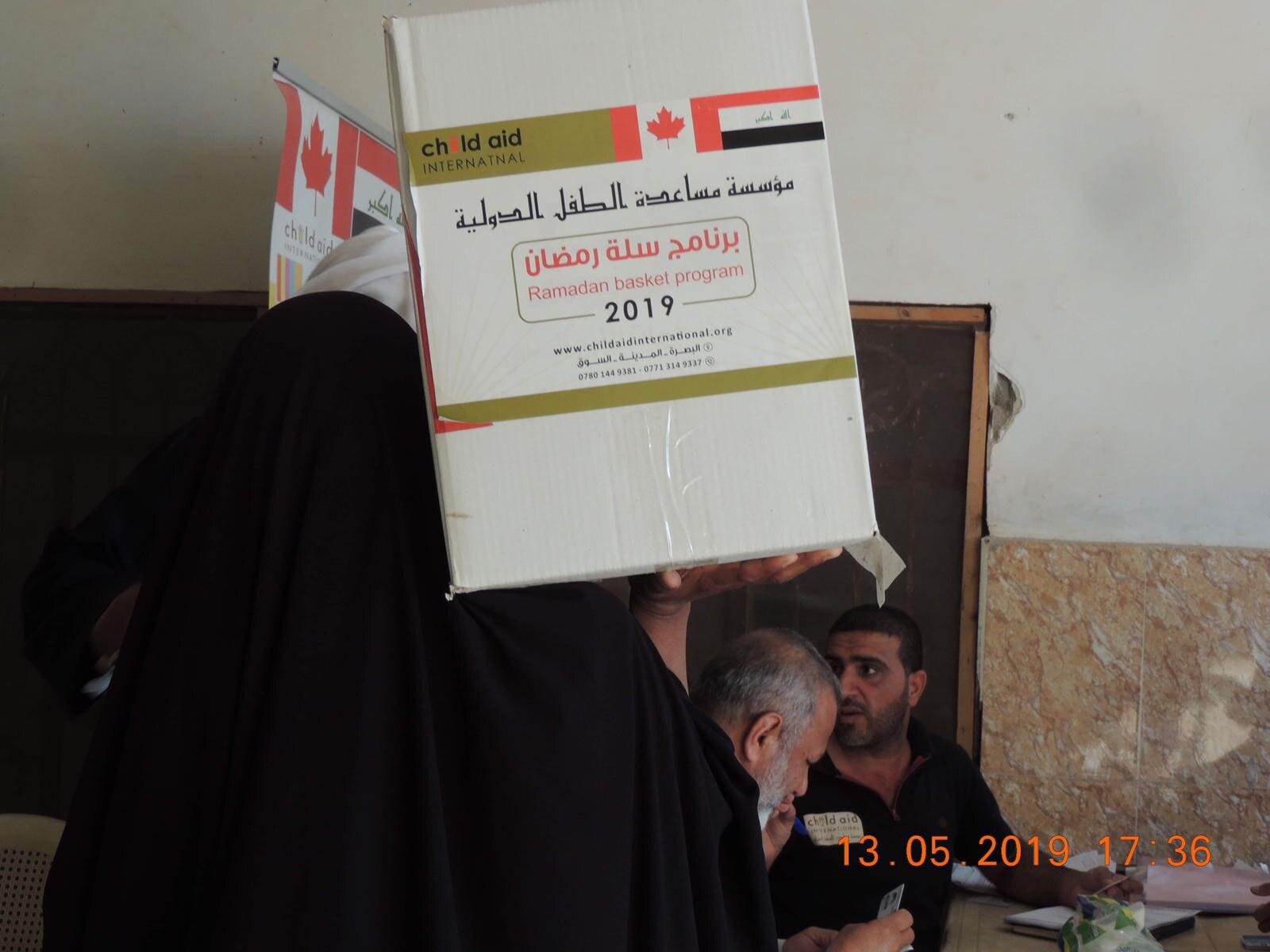
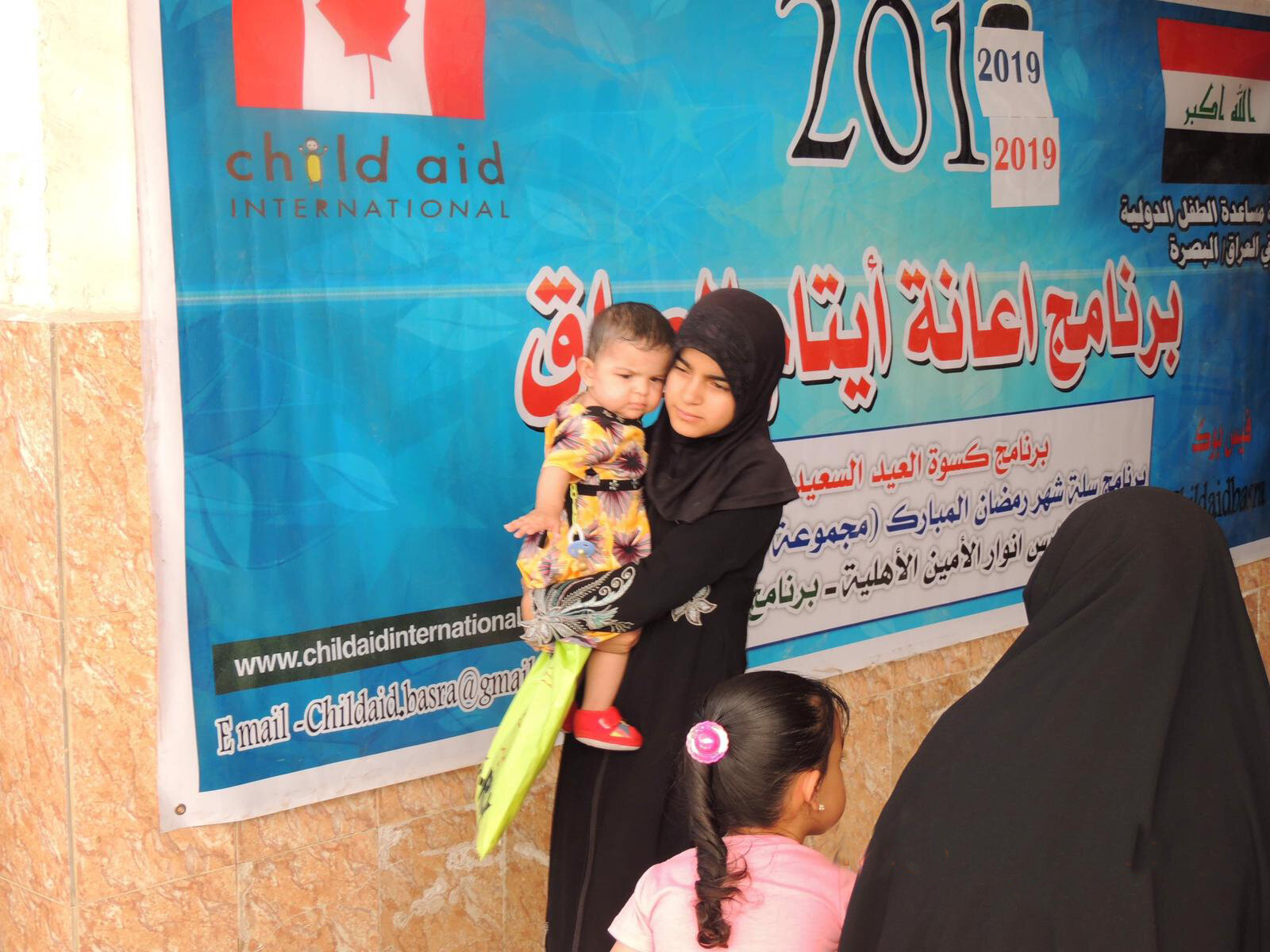
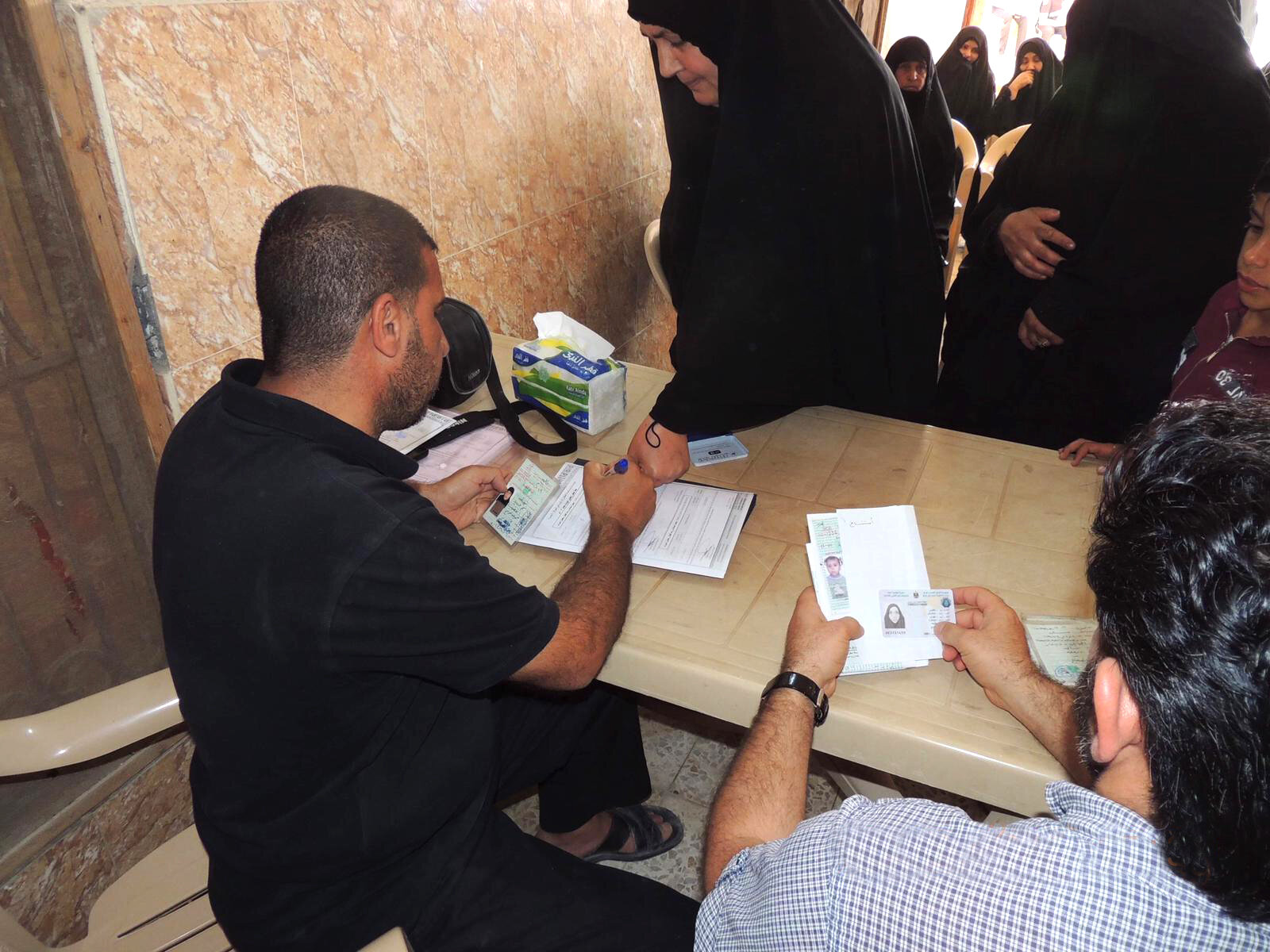
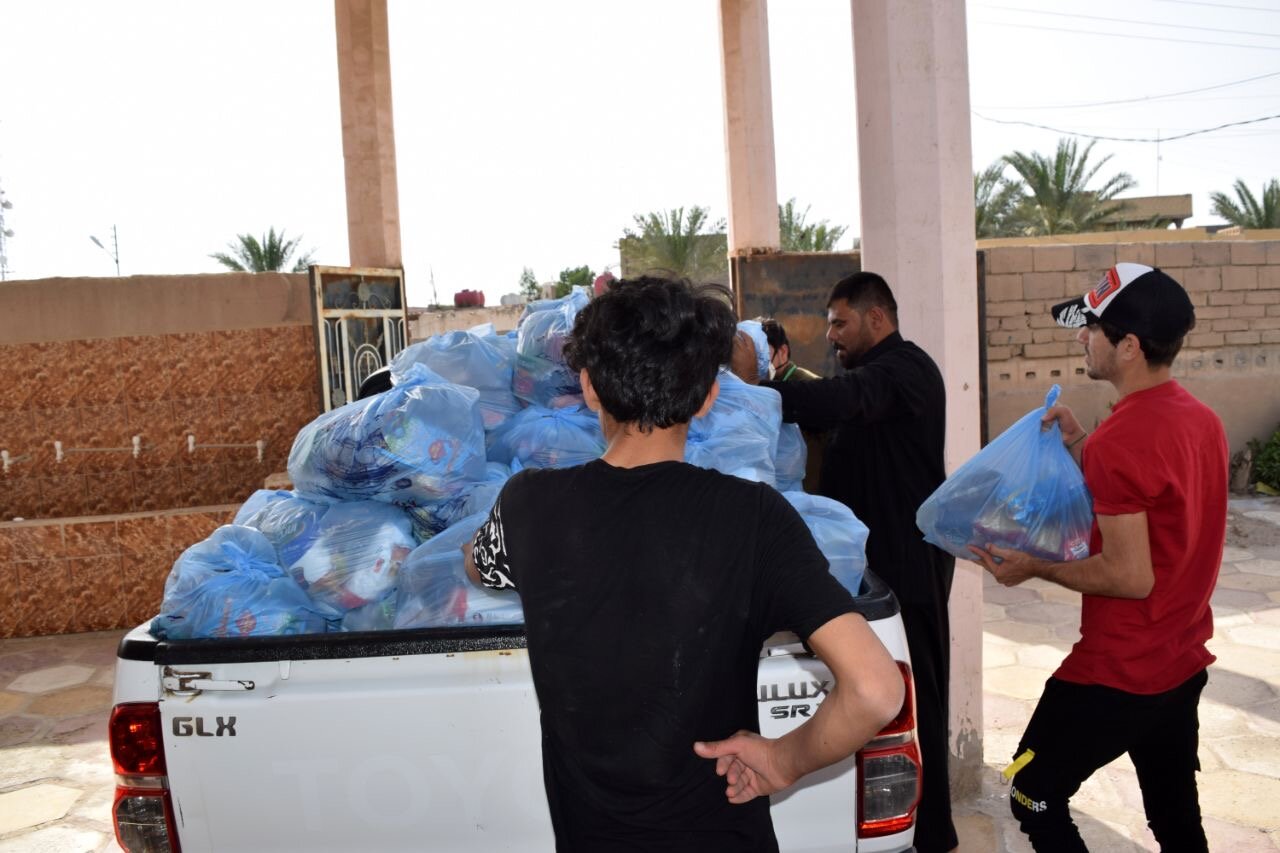
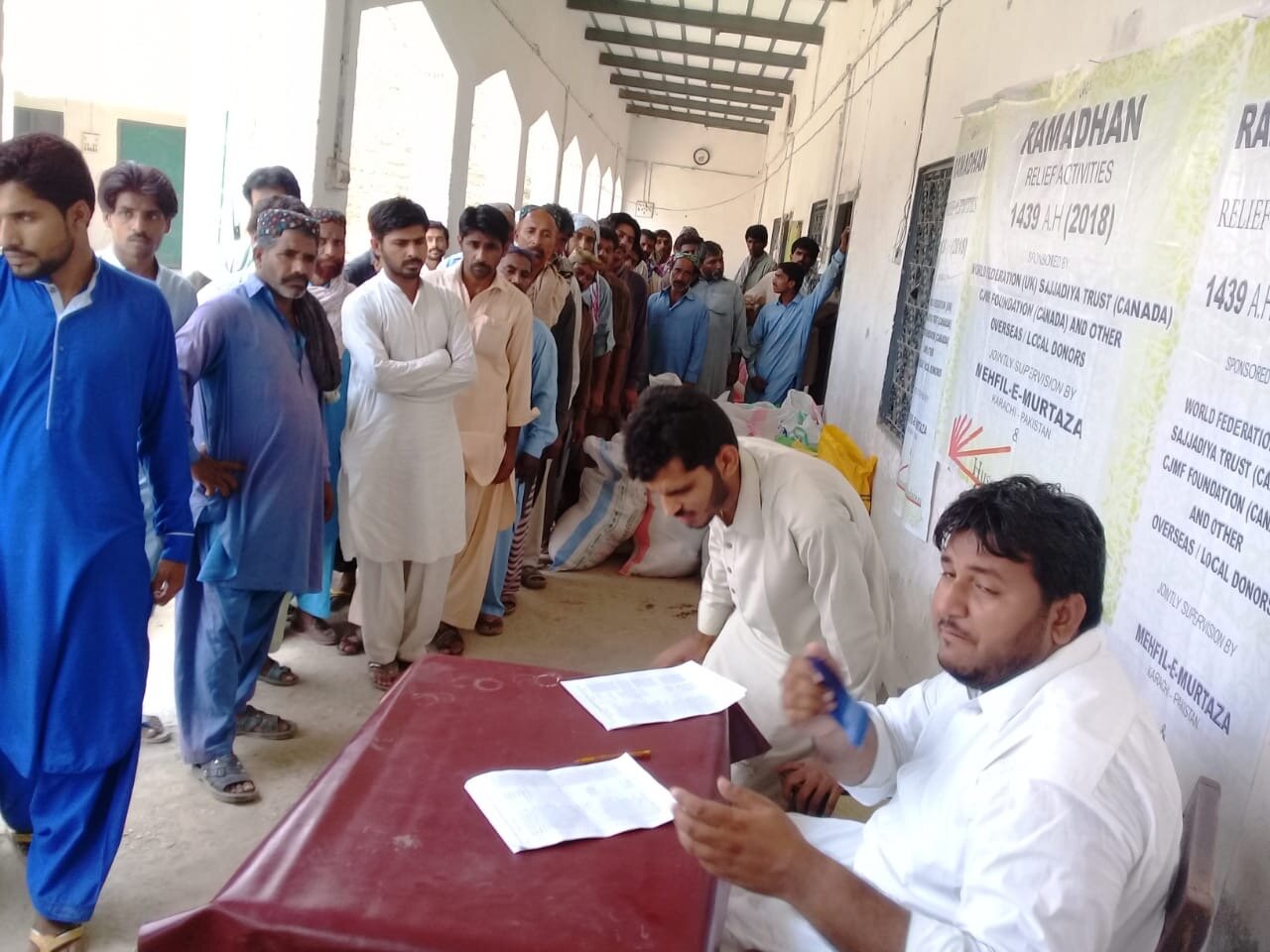

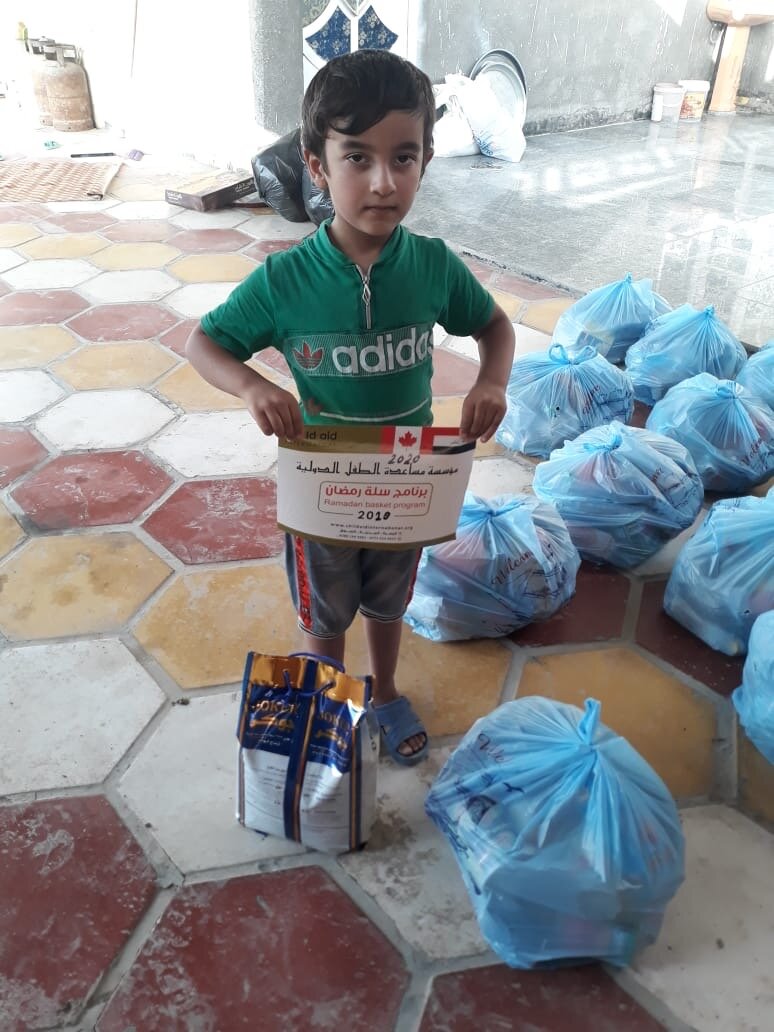
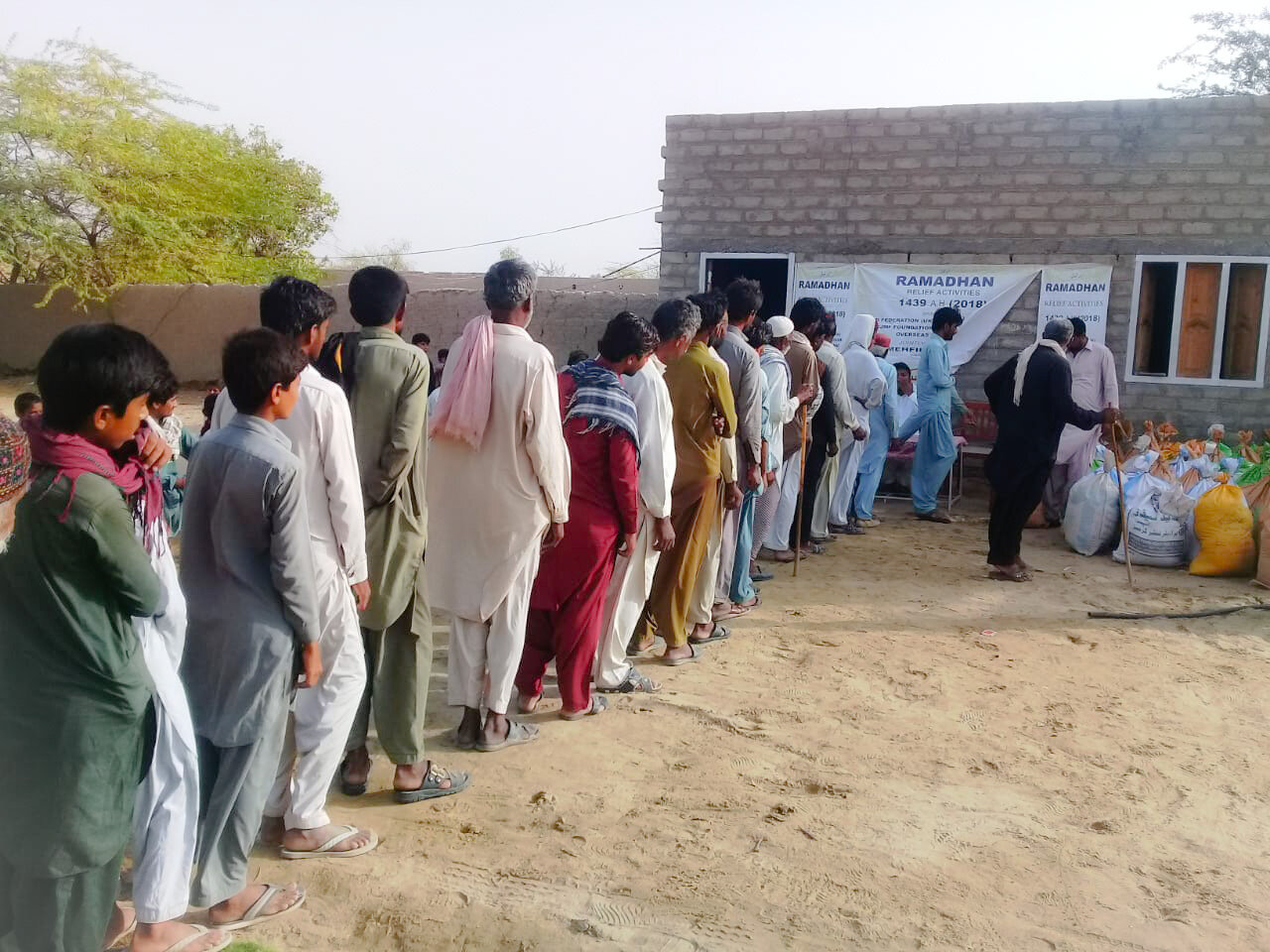
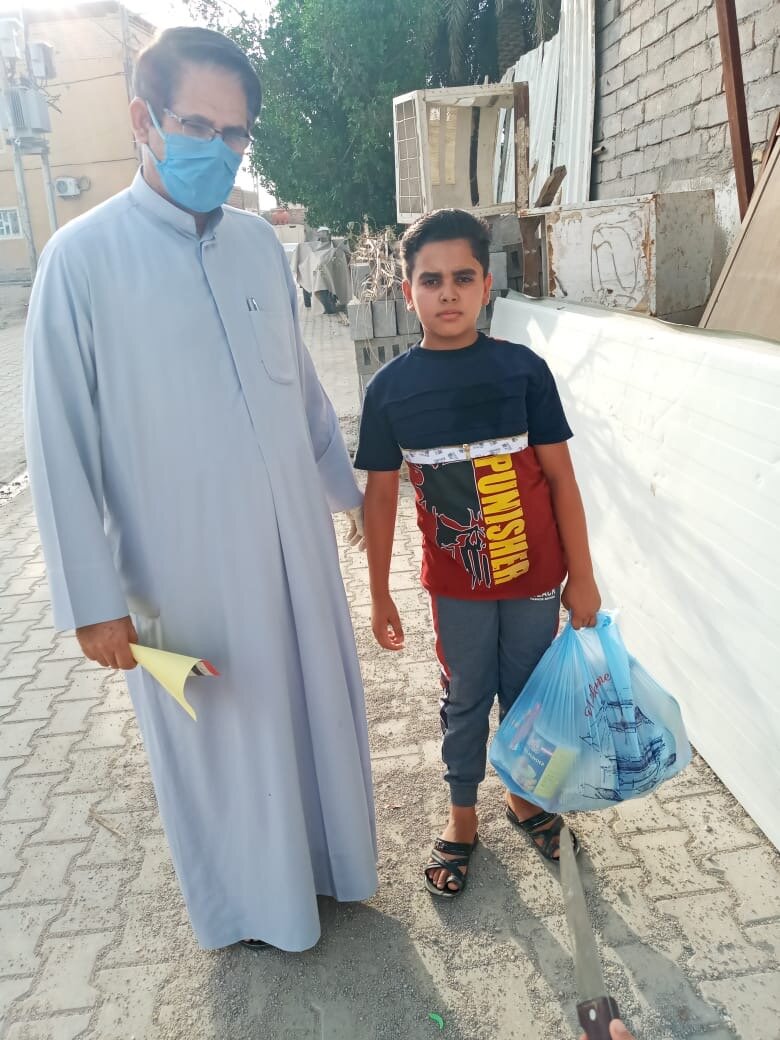
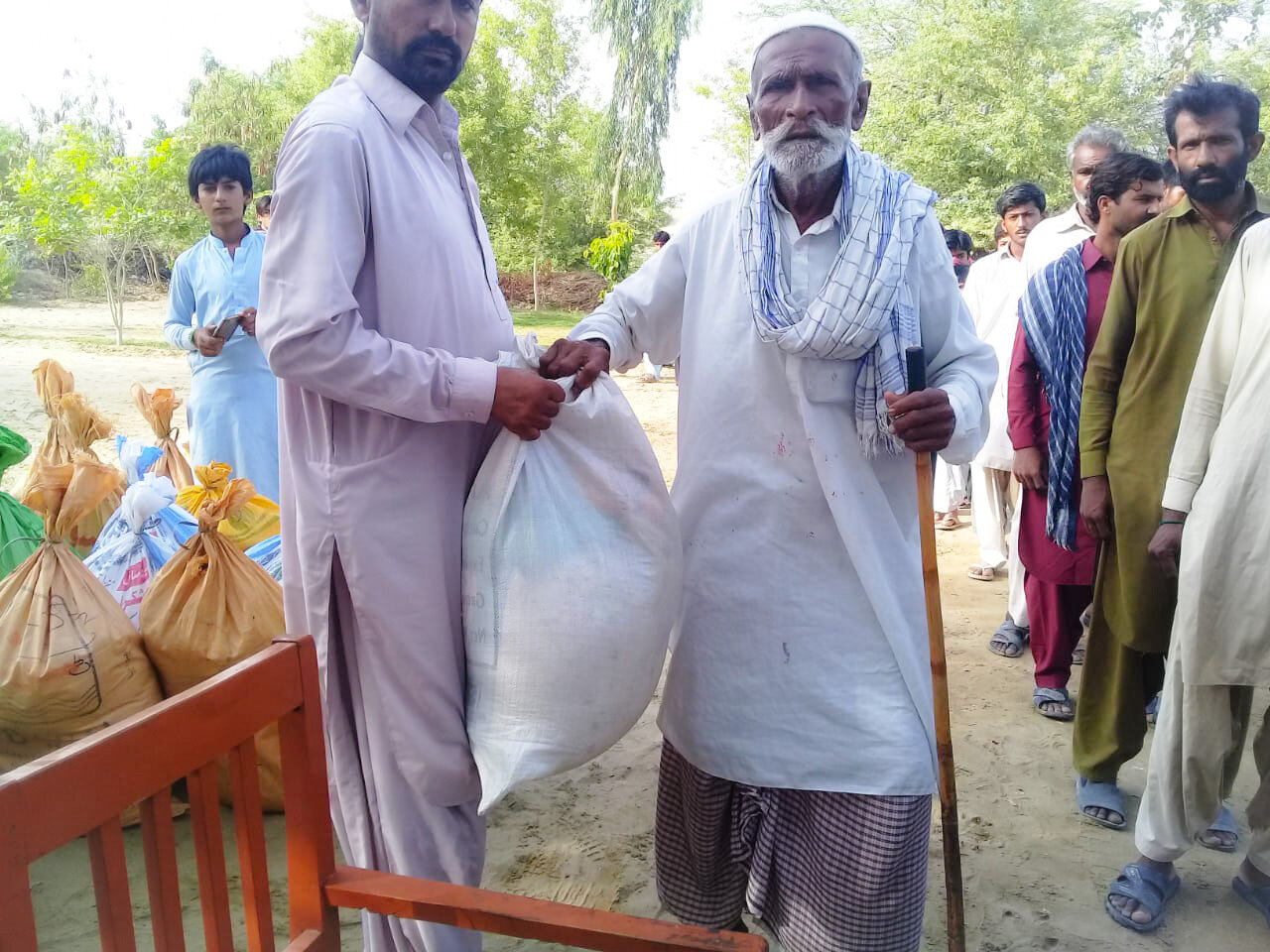
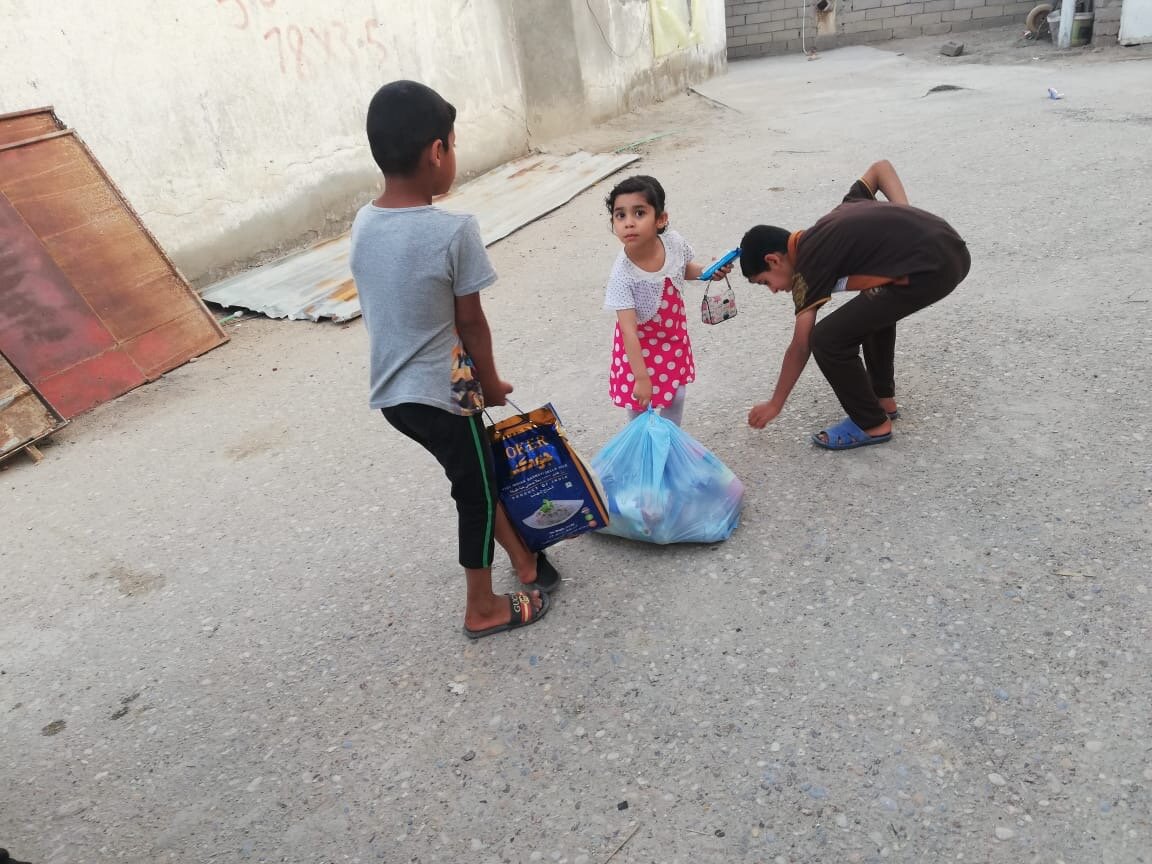
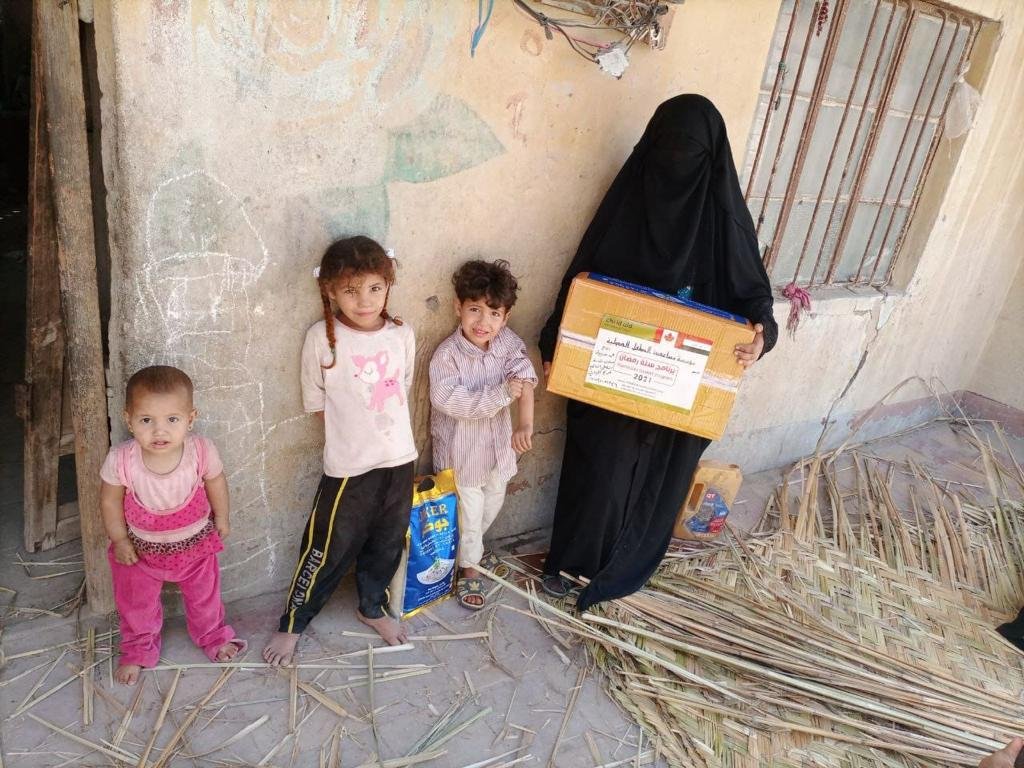

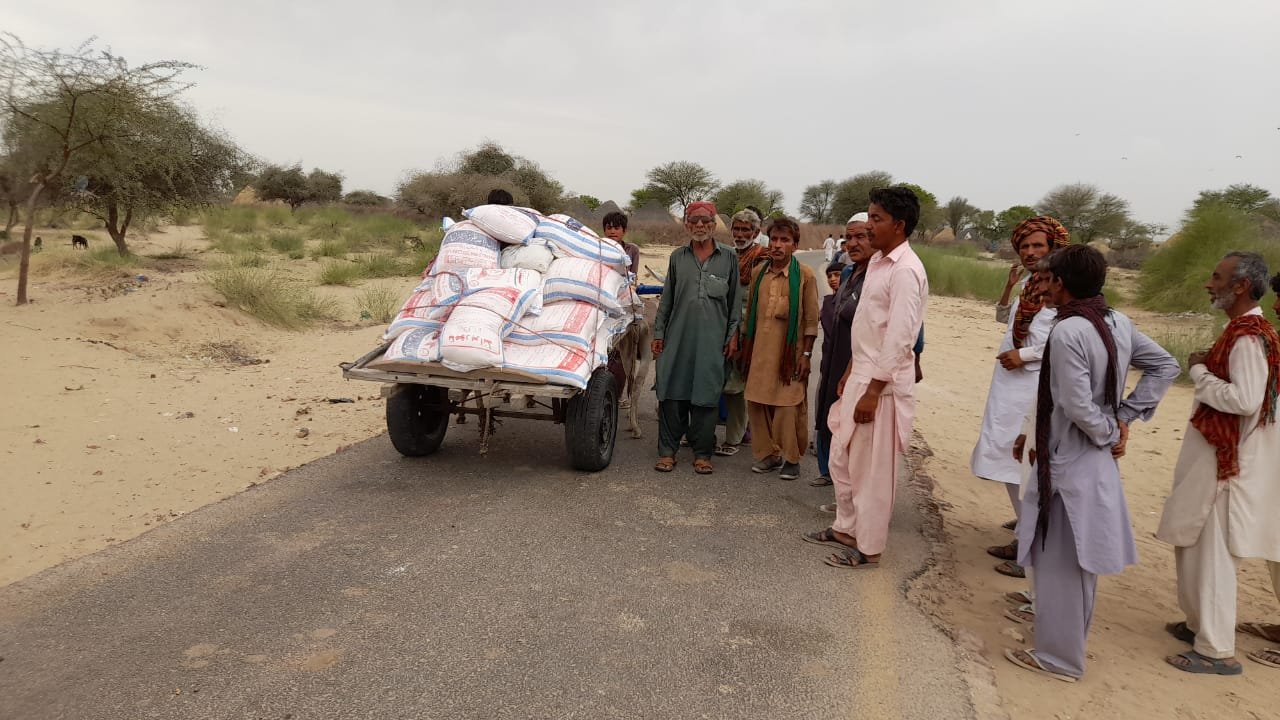
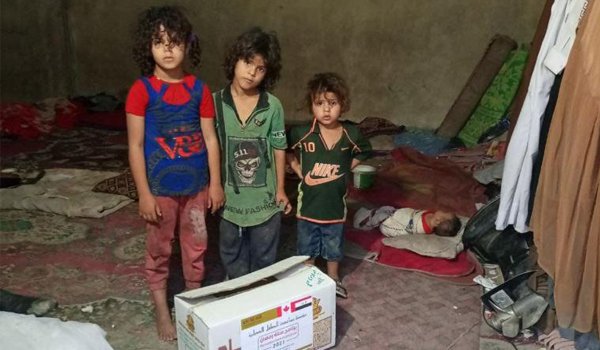
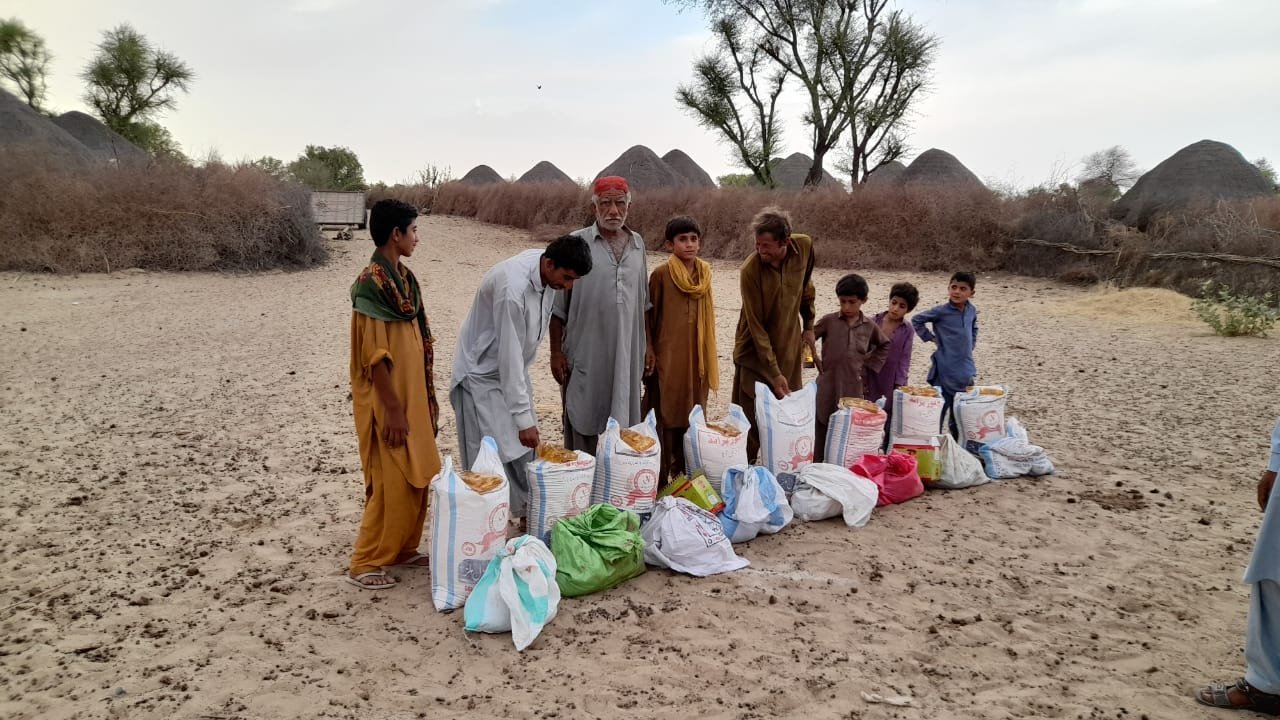
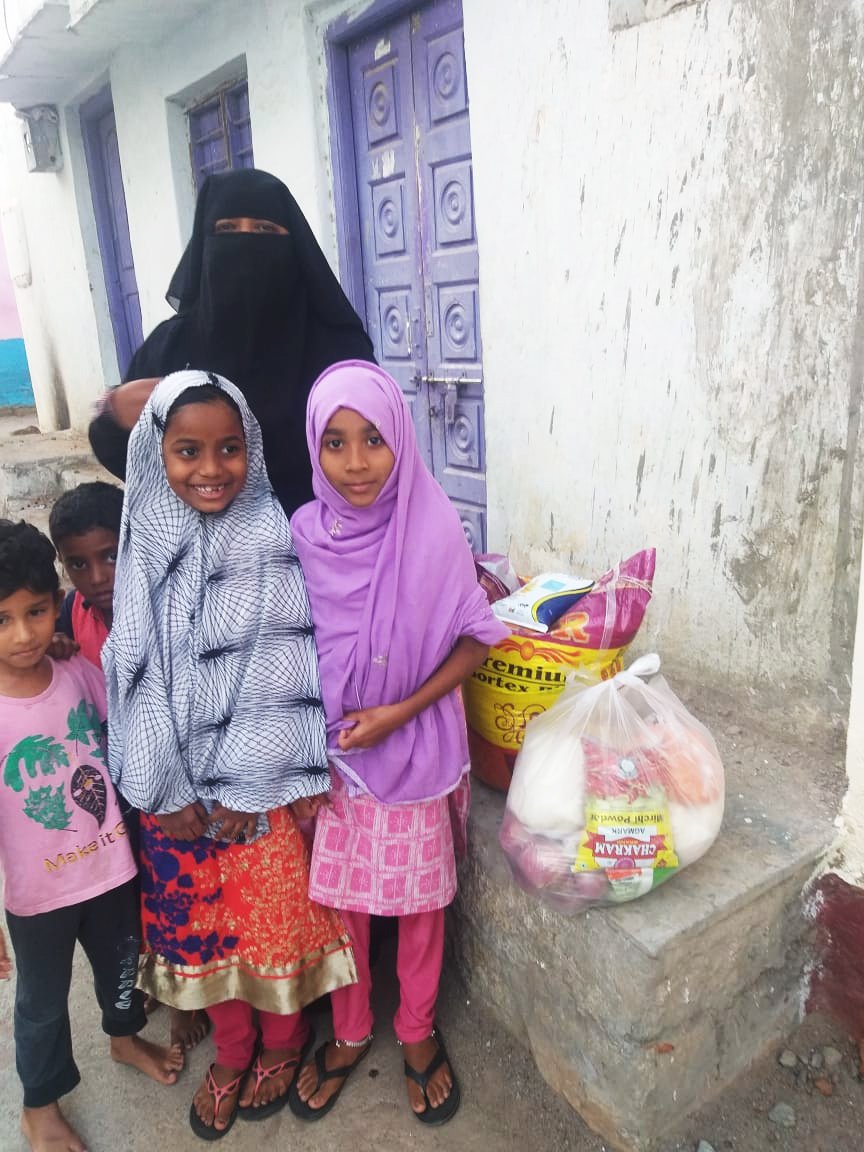
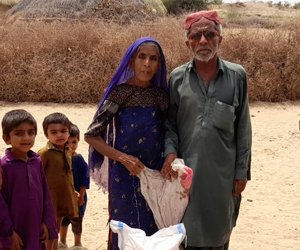
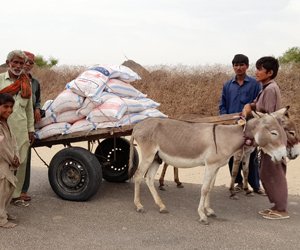
food baskets
Life in Iraq is extremely costly and especially so for orphan children families and internally displaced refugee families. Child Aid International Fund Society has committed to help these families by providing them with food baskets. Donations collected for food baskets will be used by Child Aid Iraq to purchase essential food items at wholesale prices.
Please help us reach our goal to provide these needy families with nourishing meals this Ramadan.
“Around 12 million Iraqis reside in rural areas and depend on agriculture for their livelihoods. The sector has been severely affected since ISIL took control of central and northwestern Iraq in 2014. It is estimated that Iraq has lost 40 percent of agricultural production over the past four years.”
what is ramadhan
Ramadan is the ninth month in the Islamic calendar, which is a lunar calendar based on the cycles of the moon. During Ramadan, observant Muslims fast from sunrise to sunset. They also abstain from pleasures and pray to become closer to God. It is also a time for families to gather and celebrate.
Muslims intending to fast wake up early and eat a light meal, known as suhoor, before dawn. Suhoor is typically consumed about half an hour before dawn, in time for the fajr, or morning, prayer. After the sun fully sets at the end of each day, the person typically breaks his or her fast with water and dates, followed by prayers and then a meal called iftar.
